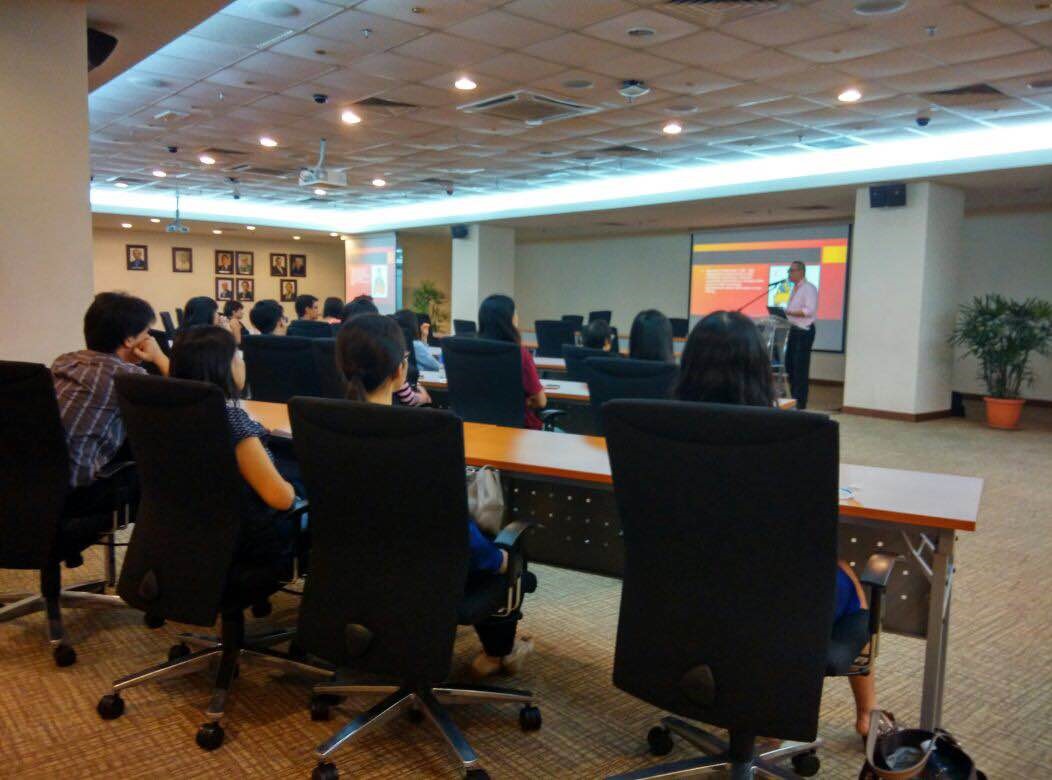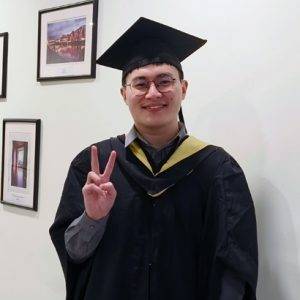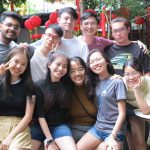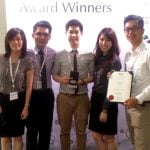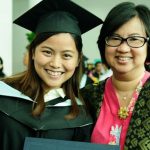29 July 2015 – A joint effort of the Malaysian Pharmaceutical Society-Young Pharmacist Chapter (MPS-YPC) and IMU Alumni, a talk entitled ‘Updates on Common Traditional Chinese Medicine (TCM) Products in Malaysia’ was organised at the Senate Room of International Medical University (IMU)’s main campus in Bukit Jalil. Speaker, Ng Shih Chau, Charles is currently a Traditional Chinese Medicine (TCM) physician IMU Healthcare Chinese Medicine Clinic. He was also the programme coordinator of IMU Chinese Medicine programme and has been actively lecturing in IMU since 2010. Charles completed his Master study in Shanghai Traditional Chinese Medicine University and his Bachelor degree from Tianjin Traditional Chinese Medicine College, China. He is also a certified Chinese Massage (Tui-na) Masseur. Charles has vast clinical experience in managing patients with acute and chronic illness from his previous employments at East Shuguang Hospital (China), Huadong Hospital Outpatient department (China), LIGHT Weight Management Holding’s Private Limited (Australia), Eu Yan Sang (S) Private Limited (Singapore), ANC Chinese Medical Clinic (Malaysia) and Pangkor Laut Resort (Malaysia).
Charles first gave a brief insight about the fundamental knowledge of Chinese Medicine Formulae by revealing that herbs are not simply added in a collective way. Chinese physicians will diagnose the patient through a unique diagnostic process and differentiate the subtle syndromes according to the symptoms of patient, which then guides them to set the treatment principle and to formulate plan or select appropriate formulae.
Passed down from Qing dynasty, the eight principle therapeutic methods in the Chinese medicine formulae are diaphoresis (汗), emesis (吐), harmonization (和), purgation (下), warming (温), clearing (清), resolving(消) and reinforcing (补). The main purpose of the ingredient combination in a formula is to produce the desired therapeutic effect, while reducing toxic or adverse reactions. 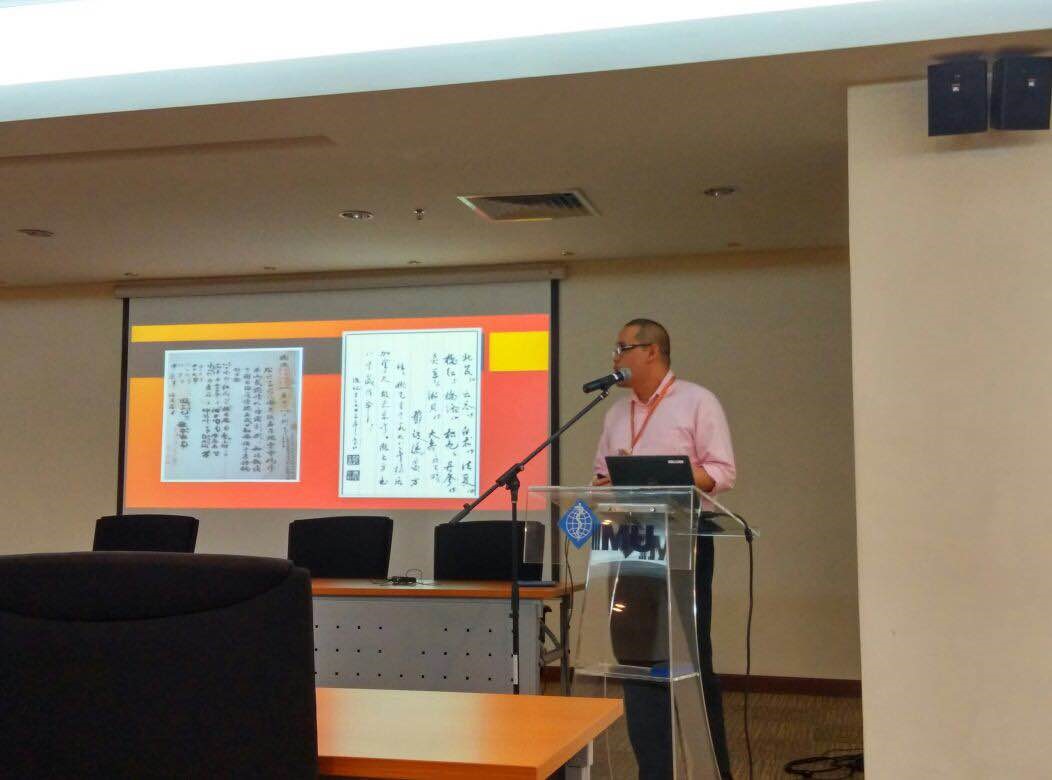 Followed by this knowledge in TCM is the introduction of some of the common TCM Products such as Yin Qiao San (银翘散), Ba Zhen Tang (八珍汤), Wu Ji Bai Feng Wan (乌鸡白凤丸) as well as other herbs and their functions. To prepare the Chinese medicine, the utensil, water and handling method are of great importance that it must be carefully selected. Once ready, the herbal concoction is to be strained through cheesecloth, a metal strainer, or with the lid of the teapot. It is essential to note that some of the herbs do require special care, for instance ginseng and peppermint.
Followed by this knowledge in TCM is the introduction of some of the common TCM Products such as Yin Qiao San (银翘散), Ba Zhen Tang (八珍汤), Wu Ji Bai Feng Wan (乌鸡白凤丸) as well as other herbs and their functions. To prepare the Chinese medicine, the utensil, water and handling method are of great importance that it must be carefully selected. Once ready, the herbal concoction is to be strained through cheesecloth, a metal strainer, or with the lid of the teapot. It is essential to note that some of the herbs do require special care, for instance ginseng and peppermint.
Different type of Chinese medicine prepared might require different timing of administration- in general, formulas that will irritate the stomach is to be taken after meal; for formulas that calms the mind, take it before sleep.
The talk from Charles was so enlightening that it triggered an overwhelming response during the Question and Answer session. The talk ended with the presentation of certificate and gift as a token of appreciation to the speaker by Lim Kah Keat, the Vice President of MPS-YPC.




